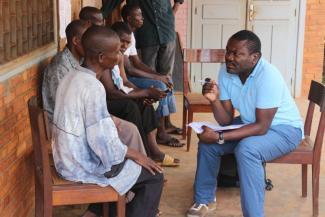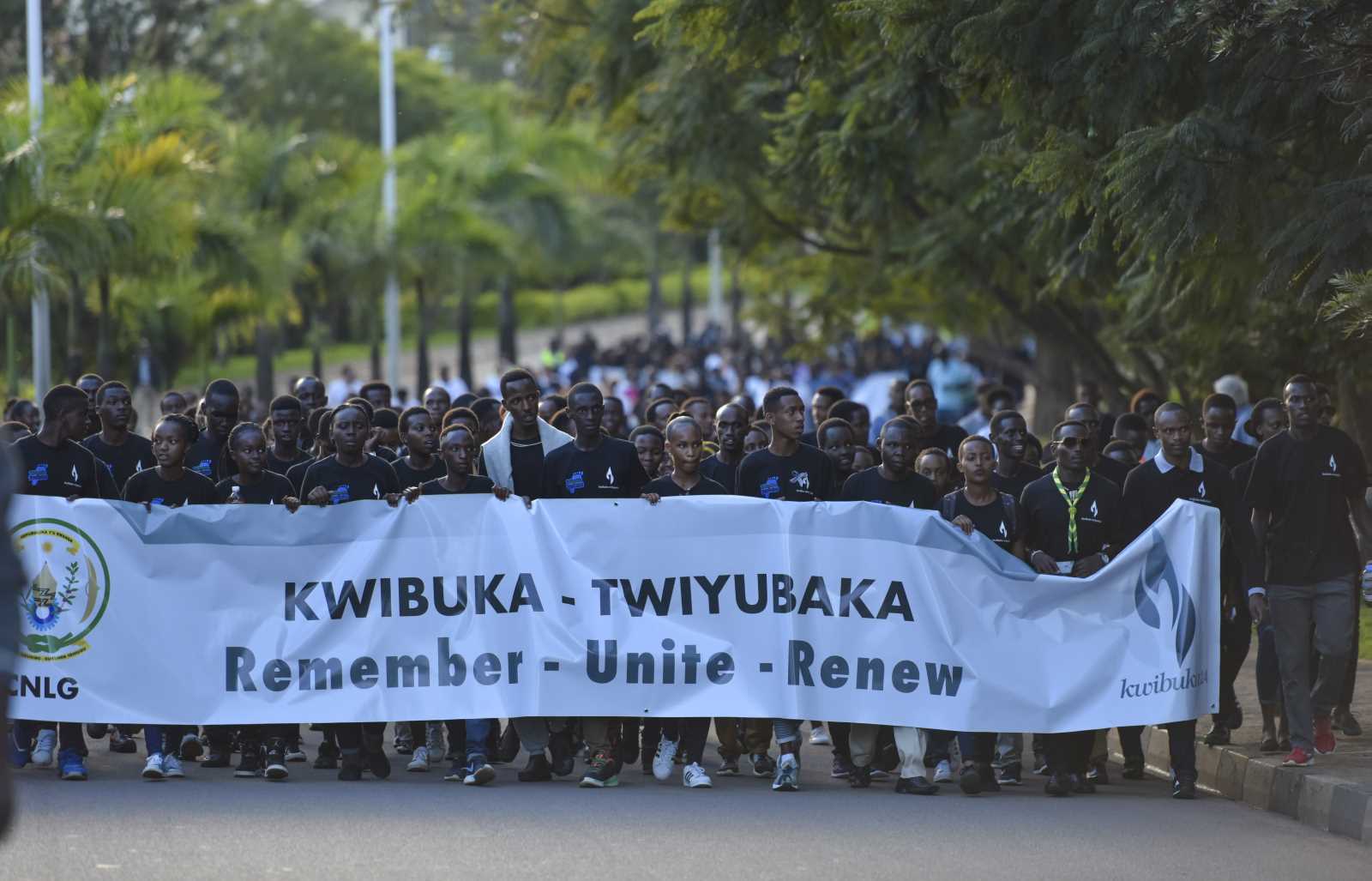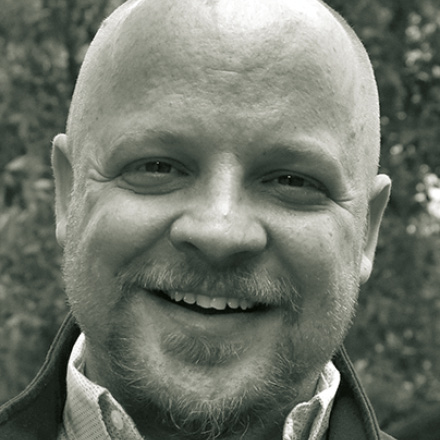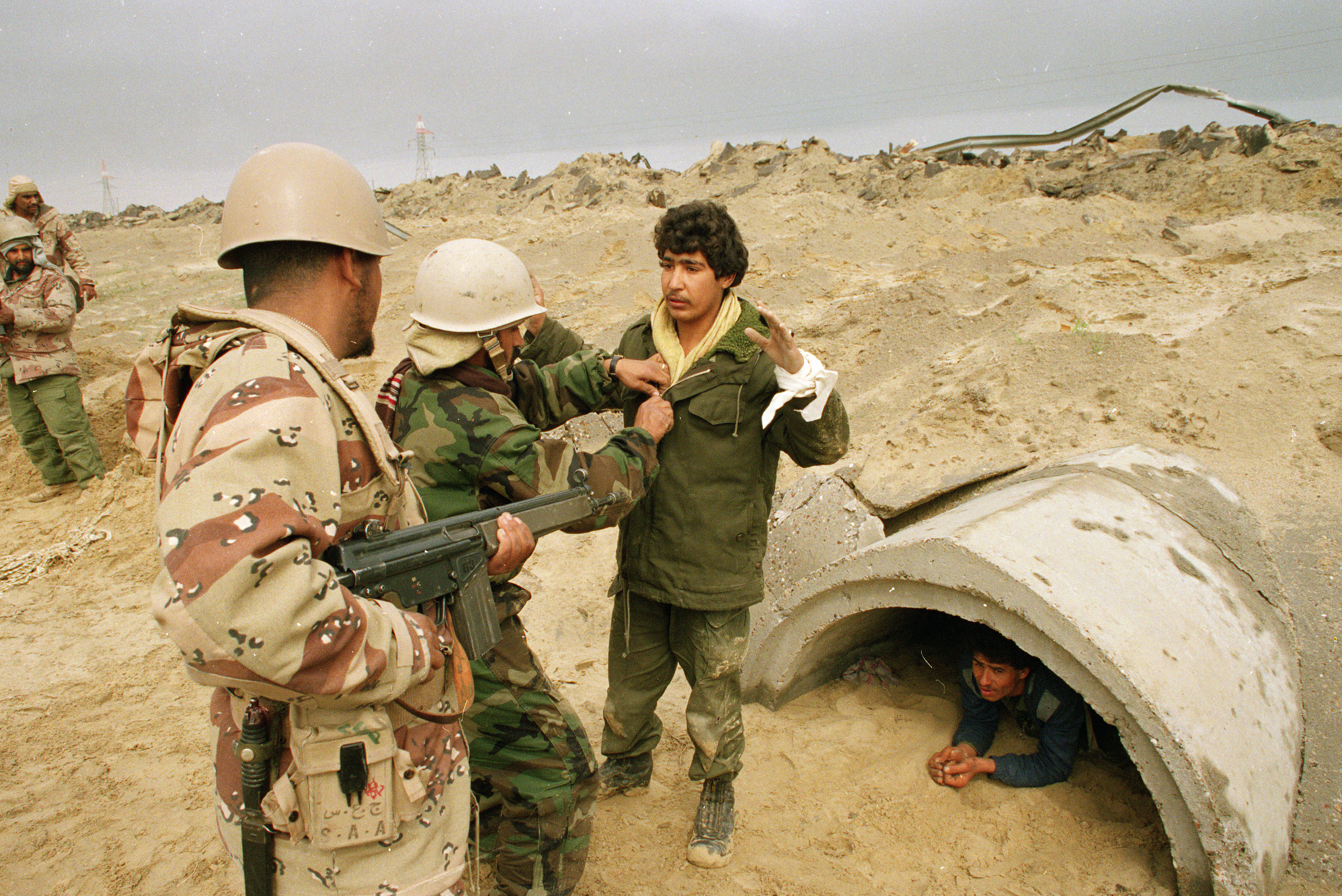Human rights
Protecting activists

How would you describe the cooperation between Amnesty International and local human rights groups at country level?Amnesty International is a global human-rights organisation with more than 7 million members in over 150 countries. We see ourselves as part of a global movement for human rights and work closely with human-rights groups all over the world. Amnesty often relies on information from those groups in order to assess the local situation and make recommendations accordingly. At the same time, we represent their interests at international level and provide them with moral and financial support for the work that, in many cases, could cost activists their lives. Amnesty uses its name and expertise to draw international attention to the human-rights work done on the ground.
What form does that local cooperation take?
Many of the reports that Amnesty publishes on human-rights violations worldwide would be impossible to compile without the cooperation of local human-rights groups. They often get to the scene much faster, they have relevant contacts and they put us in touch with witnesses and victims. In many cases, talking to local human-rights defenders is not just essential for our reports. Often, this is how we get evidence and provide quotes from survivors and other witnesses. We also rely on local contacts for research in countries where Amnesty is denied access or where we cannot go for security reasons. In Syria, for example, we cooperate closely with local activists, humanitarian workers and local human-rights organisations to document the serious human-rights abuses and war crimes that are perpetrated by all conflict parties. On the other hand, it is sometimes safer for AI to denounce human-rights abuses than for local groups who would put themselves at risk. In many cases, local activists are the ones who draw our attention to abuses of human rights. That is the case in India or Cambodia, for instance, where many people are forcibly evicted from their homes to make way for major industrial projects.
How does AI respond to news that local activists are in danger?
Amnesty supports human-rights defenders all over the world. If people are in danger because of their work, we put pressure on the relevant authorities to secure their release from prison, end torture or grant personal protection. Within hours, a network of nearly 80,000 people in 85 countries swings into action. By fax, e-mail and airmail, we send appeals to authorities in the country where human rights are being violated. The swift and massive wave of protest has saved many lives. At the local level, AI pays for security equipment for threatened human rights activists’ offices or pays for travel expenses if they need to leave the country. Amnesty shoulders the cost of treatment for victims of torture and supports political prisoners’ families. Let me give you a concrete example of a successful urgent action: in March 2015, the five feminist activists Wei Tingting, Wang Man, Li Tingting, Zheng Churan and Wu Rongrong were arrested in China. They are members of the Women’s Rights Action Group, a network that promotes gender equality. Their “crime” was planning events to protest against sexual harassment on public transport, which is a daily occurrence in many Chinese cities. The five women were charged with “disrupting public order in a public place”. Amnesty launched a number of urgent actions. Thousands of people worldwide demanded the women’s release in communications by post, e-mail and social media. In April 2015, the four women were released from detention on bail.
How do the dynamics between national governments and small local human-rights groups change when Amnesty gets involved?
Every two years, the German section of Amnesty awards a Human Rights Prize to men or women who work for human rights in particularly difficult situations. Such awards attract public attention to human-rights defenders and emphasise the relevance of their work. They become known well beyond the borders of their country. Such publicity facilitates their work and protects them from harassment by governments and state agencies. Last year, Alice Nkom won the prize. She is a lawyer who defends homosexuals and transgender exposed to prosecution for homosexuality in Cameroon courts. In 2003, she founded ADEFHO, the first NGO in the country to advocate for the rights of lesbian, gay and transgender persons. The prize boosted Alice Nkom’s status in Cameroon, enabling her to generate more public support for ADEFHO’s work. In spring this year, I visited Alice Nkom together with colleagues and Amnesty members. The trip was organised for the specific purpose of supporting her call for LGBTI rights in Cameroon and supporting local groups that tend to lack access to government representatives.
Are there ideas for improving cooperation?
Amnesty has been working for a number of years to strengthen its basis in the Global South and East. That means that regional teams are no longer based at the headquarters in London, but operate from various offices all over the world. Goals include improving the exchange with regional and local human-rights activists, speeding up the response to human-rights violations and further developing long-term relationships. One important function our offices perform is to provide local support for people working for their rights and to strengthen or develop a human-rights culture. One reason for AI to reorganise this way is that it helps us to better contribute to conflict prevention. Respect for human rights and a strong civil society are the basis for peaceful coexistence. On the other hand, serious human-rights abuses drive and aggravate conflicts and violence, especially if the perpetrators go unpunished. Many policy makers seem to be unaware of that connection. They are more likely to express moral outrage than to implement effective action plans. We think that this is a major shortcoming. Because of the lack of stringent action, entire world regions do not get peace, stability and development. Millions of people become refugees. Amnesty International does vigorous global campaigning and engages in political advocacy to put pressure on policy makers so that human-rights violations are exposed, condemned and terminated. Of course, we also strive to ensure that individuals, institutions and private-sector companies that violate human-rights standards are brought to justice and that the victims of human-rights abuse are rehabilitated and compensated.
Selmin Çalışkan has been secretary-general of the German section of Amnesty International since 2013.
presse@amnesty.de













